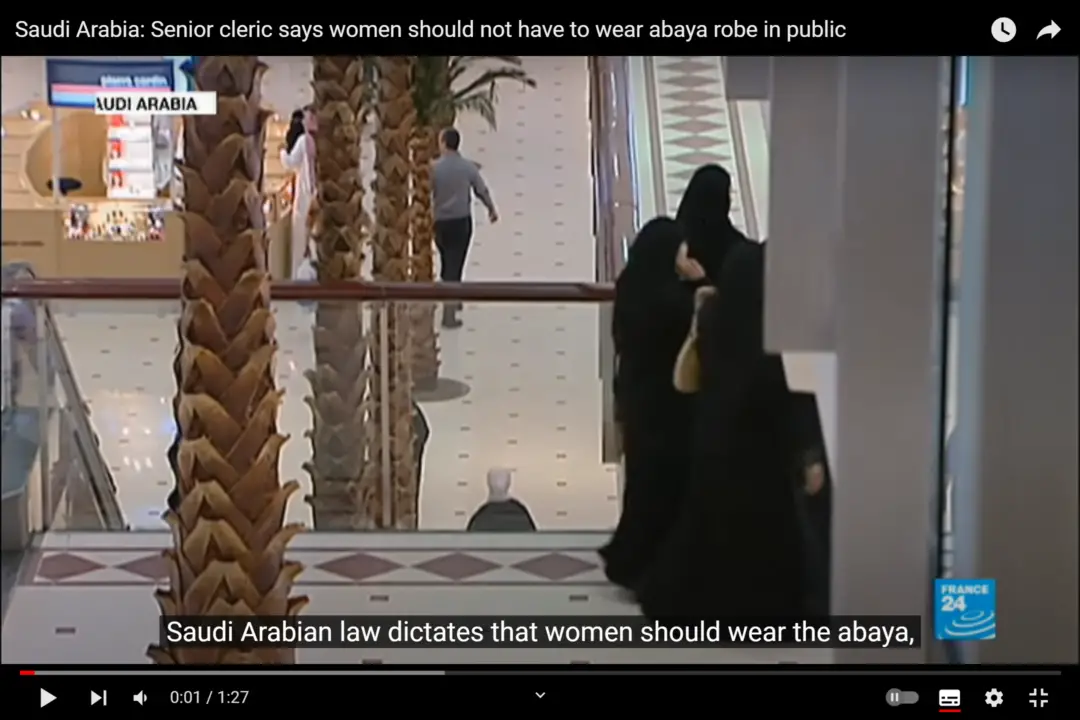These days, a lot of people ask me this question. They are uncertain if today female visitors and tourists in Saudi Arabia are still obliged to wear the traditional black cloak called an Abaya and the headscarf Hijab when out and about in public.
After hearing about the legal changes in the dress code, I was also uncertain, so I went to the local government office to get an official answer. Here is what I learned.
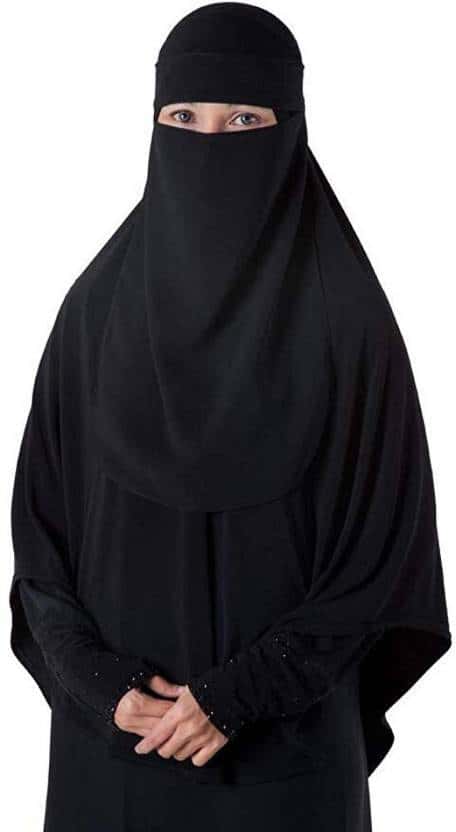
So, Do Women Still Have To Wear The Cloak (Abaya) & Headscarf (Hijab) In Saudi Arabia, Today?
No! Women wearing the Abaya and Hijab in public is no longer a legal requirement in the Saudi Kingdom as of 2019. However, by law, they are required to dress modestly meaning they should still cover ALL of the body in loose non-hugging clothing and not expose the chest area, arms, legs, and the waist. However, if preferred, the hair can be left uncovered.
Why Has The Law Changed?
Abuses By The Mutawa or Saudi Religious Police
Categorically, the Saudi state no longer intervenes on dress code for foreigners concerning wearing the cloak (Abaya )or (Hijab).
However, for many years, women’s dress in public was strictly regulated by members of the CPVPV commonly known as the Mutawa or Saudi religious police.
commonly known as the Mutawa or Saudi religious police.
Every day, these teams of steely-faced moral guardians could be seen on patrol in public areas making sure people were behaving well and ensuring high standards of public decency.
They focused mainly on shops closing on time for the five daily prayers, men and women meeting together, women’s dress, and people’s behavior in public.
Their long-standing good reputation was spoiled after a series of reported abuses and tragic deaths that caused the Saudi Council of Ministers  to severely curtail their powers in 2016.
to severely curtail their powers in 2016.
Read the details of these unfortunate incidences of abuse in the following article-What Happened To The Mutawa or Saudi Religious Police?
Introduction Of The Saudi Tourist eVisa


In September 2019, the Saudi kingdom began issuing the new Saudi Tourist eVisa which for a 640 SR SR fee, allows nationals of 49 countries to get an instant tourist visit visa online.
which for a 640 SR SR fee, allows nationals of 49 countries to get an instant tourist visit visa online.
Visitors can stay in the kingdom for 1 or 3 months for the purposes of tourism.
The goal is to bring in as many international tourists as possible, to develop massive touristic projects and sites and greatly encourage visitor spending.
To that end, the government wishes to create an atmosphere of openness and freedom for both male and female tourists,.
Today strict dress conditions are no longer imposed on international visitors, especially if they are non Muslims.
Expectations for Saudi Females
The fact that it is no longer illegal to wear the traditional cloak, Abaya and Hijab headscarf does not mean that Saudi females will stop wearing them.
Putting on an ‘Abaya’ or some form of the cloak is required in Islam and expected by families and Saudi society in general.
Many girls still wear them for religious purposes and out of respect for their traditions and culture.
In all my years in Saudi Arabia and until today, I have never seen a woman not wearing such clothing in public.
Expectations For Non-Saudi Muslim Females
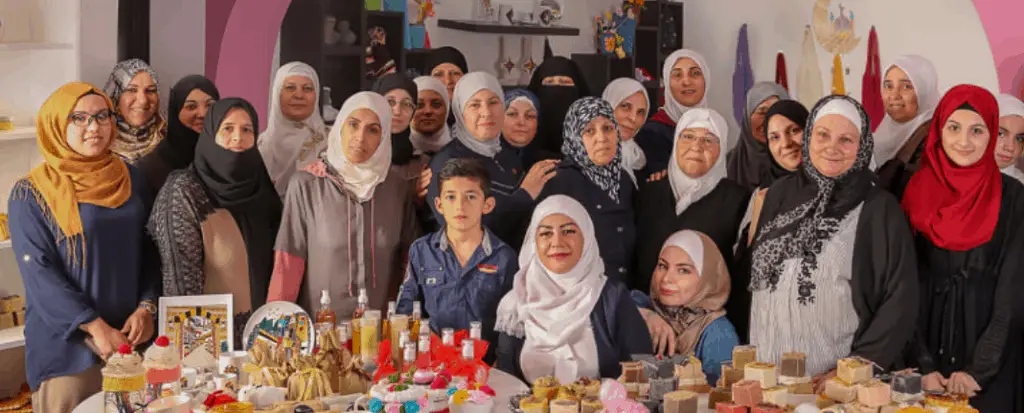
If she is Muslim, social pressure to dress in traditional Saudi women’s clothing is much less for non Saudi girls than Saudis.
Muslim females usually dress according to the modest standards of their own countries, but many still chose to wear the Abaya and Hijab out of preference and respect for Saudi ways.
It will take time for Saudi and Muslim women to appear in public without covering up with an ‘Abaya’ if ever at all.
Conservative attitudes still prevail and I think women would not feel comfortable if they went out of house not wearing such items.
Women’s Fashion Trends Are Changing
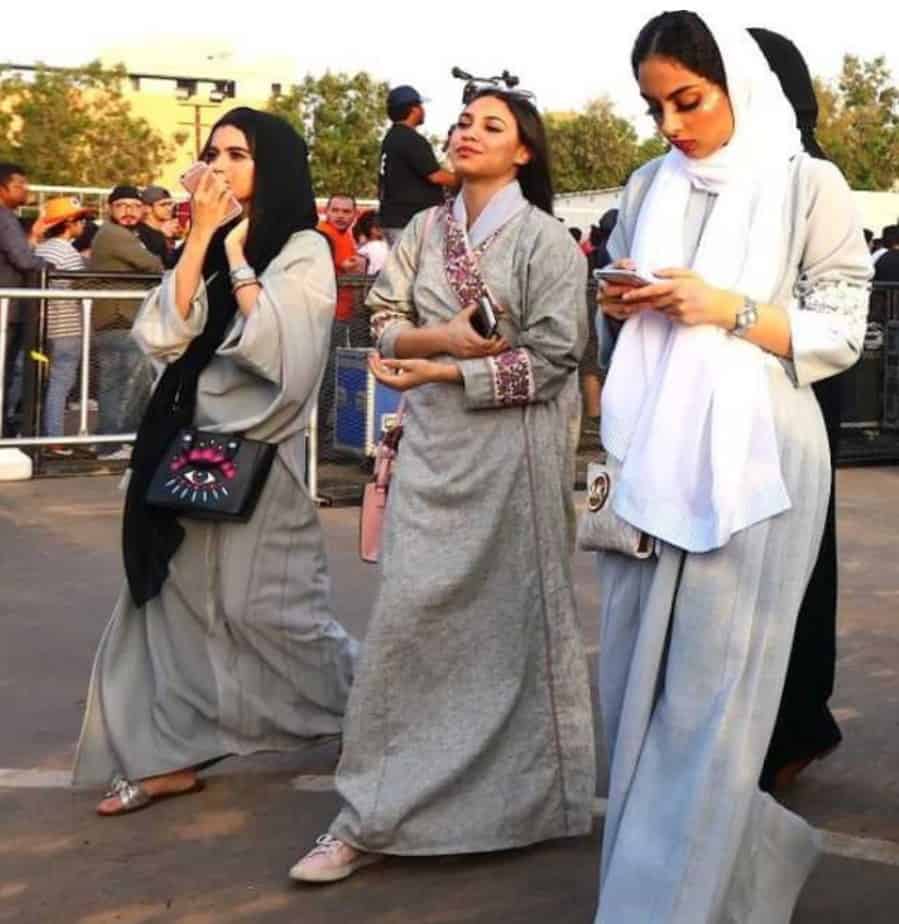
Nowadays, I notice more and more young girls are choosing to wear hand-made fashionable ‘Abayas’ with pretty decorative beads and patterns made out of light blue colors or pinks materials in contrast to the usual matt black Abaya.
They also wear them loosely and the preteens sometimes leave them open as they walkabout.
However, in the main, women’s preference is still for plain black, undecorated, loose-fitting viscose garments (Abaya), a (Hijab) headscarf, together with a Niqaab (face veil).
Underneath the ‘Abaya’ she can wear whatever she likes (within reason) and I know that women here are very fashion-conscious indeed.
Expectations for International Female Visitors And Tourists
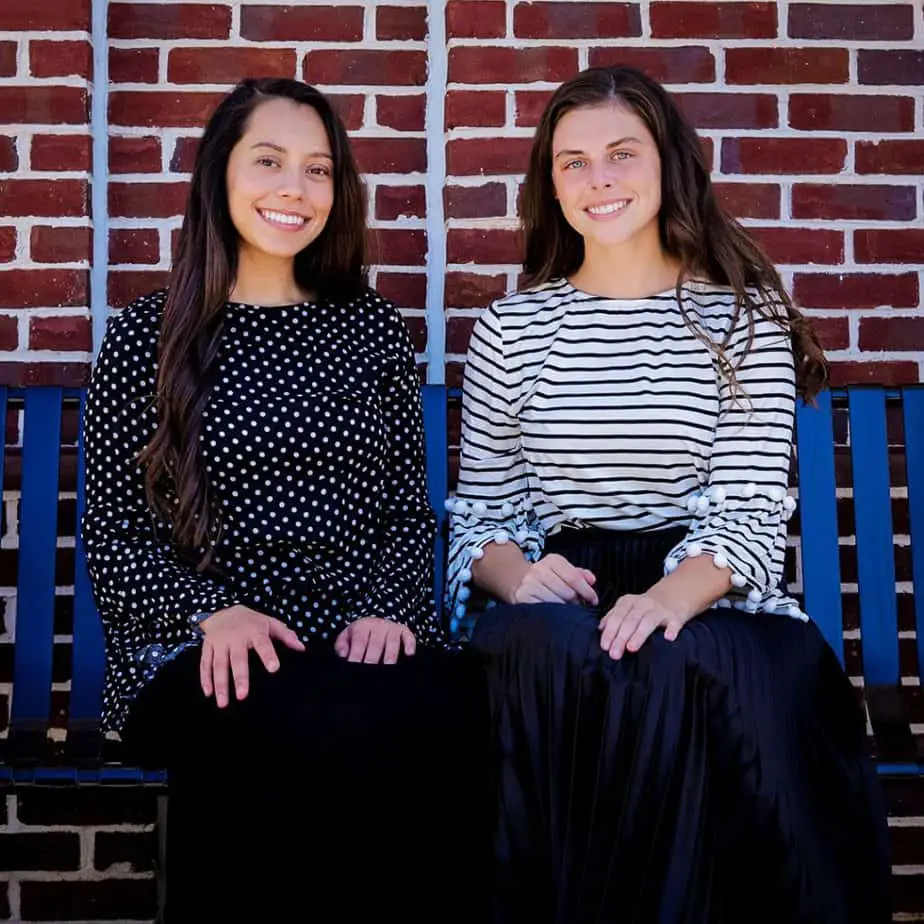

Female (non-Muslim) tourists can no longer be challenged for failing to wear the ‘Abaya’ and/ or ‘Hijab’ headscarf, by the police, the religious police or anyone else for that matter. .
However, the Ministry of the Interior does expect female visitors to dress in a modest way.
does expect female visitors to dress in a modest way.
In public, female tourists should cover the entire bodywear in loose-fitting clothes that do not hug the body so as to expose her curves and contours.
It also means that her arms, legs, torso and private areas should be covered completely, the chest from the neck down not exposed and she should wear clothes that are not considered provocative.
Also, on public beaches, bikinis are not allowed and swimwear that sufficiently covers the torso, arms and legs should be worn.
Female visitors can wear dresses that end below the knee, but should avoid wearing trousers that hug the legs.
The hair can be left exposed but given that so few do that it does attract a lot of attention.
Related Questions
What Would Happen To Women If they Went Outside Without Wearing An Abaya or Hijab?A lot of people still mistakenly believe that you would be arrested, grilled, and jailed. In former years, it was certainly the case that you would be detained, prosecuted, jailed, and eventually deported.
Today, this is definitely no longer the case. As long as you are not wearing anything which is overly revealing it is perfectly legal and acceptable today to be wearing normal but modest type clothes.
Can Non Married Couples Travel And Stay Together In Hotels And Resorts? Yes, they can! Staff at hotel receptions will allow unrelated men and women to share a room together as long as they see that you have a Saudi Tourist eVisa in your passport. You should also take a print out of the eVisa to show them. Caution: Do not publically broadcast the fact that you are not married. Conservative attitudes still prevail.
Can Single Women Travel Alone In Saudi Arabia And Not Wear Hijab? Saudi Tourist eVisas are available to single women traveling alone in the kingdom only of they are 34 years of age or older. Female tourists are not required to wear headscarves Hijab when travelling throughout the kingdom. Even though it is not a must, I heartily recommend that you do wear the hijab when you come. You will be free of stares, gain great respect from others and your life will be much easier as you go about your day.
are available to single women traveling alone in the kingdom only of they are 34 years of age or older. Female tourists are not required to wear headscarves Hijab when travelling throughout the kingdom. Even though it is not a must, I heartily recommend that you do wear the hijab when you come. You will be free of stares, gain great respect from others and your life will be much easier as you go about your day.
References and Useful Sites
- Women in Saudi Arabia do not need to wear the head cover, says crown prince
 -The Irish Times
-The Irish Times - Council of Ministers of Saudi Arabia-Wikipedia
- What Happened To The Mutawa or Saudi Religious Police?
 -insidesaudi.com
-insidesaudi.com - The One-Stop Guide to the Saudi eVisa for Tourists
 -insidesaudi.com
-insidesaudi.com


